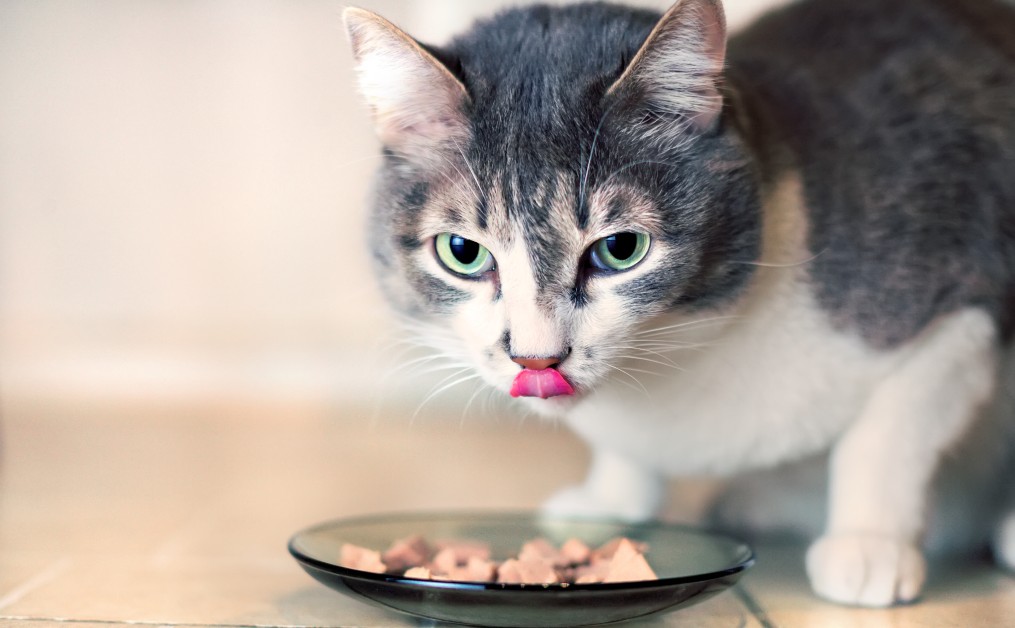Ask Dr. Jenn: I want to make sure my dog is healthy and lives a long life. Should I be giving him a vitamin supplement?
Humans take vitamins - should dogs take them too?

Your doctor may recommend a multi-vitamin for you, so it seems logical that your dog should take a multi-vitamin as well. However, unlike people, dogs eat the same food every day. If your dog is on a well-balanced commercial dog food for his life stage (puppy, adult, or senior) and he is healthy, his food should supply all the vitamins he needs.
In the United States and Canada, The Association of American Feed Control Officials (AAFCO) establishes guidelines for animal feeds. For dogs, they have developed nutritional parameters for thirty-seven nutrients, including Vitamins A,D,E, B12, calcium, and phosphorus. The parameters are calculated based on the ratio of the specific nutrient to calorie ratio and are listed as a minimum requirement. Some nutrients also have a maximum requirement. For example, Vitamin D has a minimum requirement of 500 IU/kg and a maximum of 5,000 IU/kg whereas Vitamin B12 only has a minimum requirement of 0.022mg/kg but no maximum limit.
AAFCO sets the nutritional standards but does not certify pet foods. It is the manufacturer’s responsibility to either meet the AAFCO standards or clearly state if the food does not meet the standards and therefore not a long-term diet. All pet food labels need to have a Nutritional Adequacy Statement – defined by AAFCO as “a statement that indicates a food is complete and balanced for a particular life stage, such as growth, reproduction, adult maintenance, or a combination of these or intended for intermittent of supplemental feeding only”. Look for this statement on your pet food label to make sure you are feeding an appropriate diet for your dog.
If you cook for your dog and feed him a homemade diet, first, good for you! You have more time than me! Second, he may need a vitamin supplement. It is important to work with your veterinarian or a veterinary nutritionist to make sure your dog is getting the proper balance of nutrients he needs.
Certain medical conditions require nutrient supplements beyond what is available in a commercial dog food. For example, if your dog has certain gastrointestinal disorders, such as inflammatory bowel disease or exocrine pancreatic insufficiency, he may need a Vitamin B12 supplement. If he has Zinc-responsive dermatosis, your veterinarian will prescribe a zinc supplement. The antidote for certain types of rat poison ingestion is Vitamin K supplementation. Again, it is important to work with your veterinarian to determine what supplements and doses are needed.
Despite all this, you may still want to give your dog a multivitamin supplement even if he is on an AAFCO approved diet. In most cases, additional vitamins and supplements will not cause any harm to your pet. However, there are a few exceptions.
Human vitamin supplements should never be given to your pet. Our nutrient requirements are very much different. One example is Vitamin D. I live in the northern United States where we have long, cold winters without a lot of sun. Because of this, my doctor recommends I take a Vitamin D supplement. However, unlike me, dogs do not need sunlight to produce Vitamin D. A vitamin D supplement can be very harmful and even fatal to dogs.
Calcium and phosphorus are needed for bone development and healthy bones. Again, unlike humans, dogs do not develop osteoporosis. Too much calcium leads to medical problems, such as bladder stone formation and kidney disease. Calcium and phosphorus should never be supplemented to growing puppies. Too much calcium and phosphorus can lead to rapid growth and bone abnormalities.
Nutrition plays a key role in helping your dog live a longer and happier life. Each dog may have slightly different dietary needs based on their age, lifestyle, breed, and overall health. Because of this, I recommend taking the above information as a general guideline, but trust your veterinarian to make recommendations for your personal pet.
Ready to start saving money on pet wellness care?
Then take a look at Mint Wellness, the pet wellness plan that provides fast reimbursement on routine pet care. Save on vaccinations, wellness exams, preventatives, dental, and more!
Learn More


